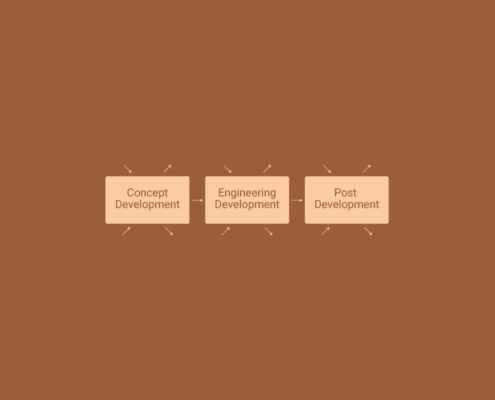
Integrating Learning Sciences in STEM: The zyBooks Model
At zyBooks, we embrace the principles of learning sciences to create digital courseware that not only captivates students, but also significantly improves their academic performance.

Teaching IT Security – zyBooks case study
These best practices for teaching IT security will keep students engaged, excited and, most importantly, retaining what they’re learning.

Active Learning Approach to Operating System Concepts
30 years of teaching experience informs key concepts where…

Tracing Algorithms
Are animations helpful to student comprehension of complex concepts? See what Dr. Michael Goldwasser recommends and how zyBooks can help you deliver.

Tips for Teaching your Web Programming Course
Learning some of these facts about zyBooks might just help your course run more smoothly.

Fundamentals of Modern Manufacturing: Materials, Processes, and Systems (7e)
The zyBooks version of Fundamentals of Modern Manufacturing offers the complete contents of the 7th edition of this popular textbook, plus engages students with new interactive animations, questions, and activities.

Applied Statistics and Probability for Engineers (7e)
The interactive zyBoooks version of this classic introduction to computer programming.

Munson, Young, and Okiishi’s Fundamentals of Fluid Mechanics
Based on the 9th edition of Munson, Young, and Okiishi’s Fundamentals of Fluid Mechanics, the zyVersion contains the complete text of the original book + new interactive features.
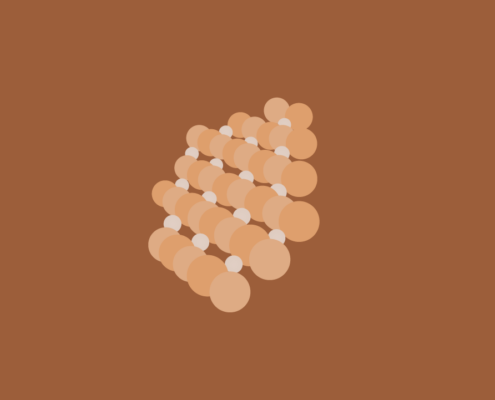
Materials Science and Engineering: An Introduction (10e)
Based on the 10th edition of Materials Science and Engineering: An Introduction, the zyVersion contains the complete text of the original book + new interactive features.

Fundamentals of Materials Science and Engineering: An Integrated Approach (6e)
Based on the 6th edition of Fundamentals of Materials Science and Engineering: An Integrated Approach, this zyVersion contains the complete text of the original book plus new interactive animations, learning questions, and challenge activities to engage the student.

Fundamentals of Engineering Thermodynamics (9e)
Based on the 9th edition of Fundamentals of Engineering Thermodynamics, this zyVersion contains the complete text of the original book plus new interactive animations and learning questions to engage the student.
 https://www.zybooks.com/wp-content/uploads/2005/09/Control-Systems_tile.png
721
1000
Ricky Porco
https://www.zybooks.com/wp-content/uploads/2020/02/zybooks-logo-wiley-1.svg
Ricky Porco2005-09-01 06:29:002024-12-06 16:57:41Control Systems Engineering (8e)
https://www.zybooks.com/wp-content/uploads/2005/09/Control-Systems_tile.png
721
1000
Ricky Porco
https://www.zybooks.com/wp-content/uploads/2020/02/zybooks-logo-wiley-1.svg
Ricky Porco2005-09-01 06:29:002024-12-06 16:57:41Control Systems Engineering (8e) https://www.zybooks.com/wp-content/uploads/2005/08/Signals-and-Systems_tile.png
721
1000
Ricky Porco
https://www.zybooks.com/wp-content/uploads/2020/02/zybooks-logo-wiley-1.svg
Ricky Porco2005-08-26 04:04:282024-12-06 17:08:45Engineering Signals and Systems (2e)
https://www.zybooks.com/wp-content/uploads/2005/08/Signals-and-Systems_tile.png
721
1000
Ricky Porco
https://www.zybooks.com/wp-content/uploads/2020/02/zybooks-logo-wiley-1.svg
Ricky Porco2005-08-26 04:04:282024-12-06 17:08:45Engineering Signals and Systems (2e)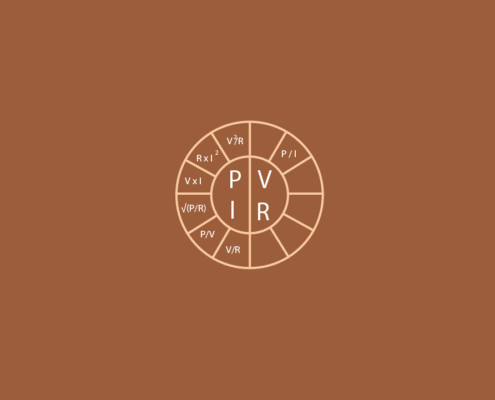
NI Circuits (3e)
NI Circuits (3e) is a highly interactive approach to learning circuit analysis and design based on the Circuits textbook published by National Technology and Science Press.

Introduction to MATLAB®
Introduction to MATLAB® zyBook provides an interactive learning experience of programming foundations and MATLAB®. Request eval access.

MATLAB: An Introduction to Applications (6e)
Circuits (3rd ed) published by the National Technology & Science Press, brought to life with numerous integrated activities including dozens of animations of concepts like solving an RLC circuit and hundreds of interactive learning questions. Contains embedded auto-generated and graded challenges like reading resistor values. Rewards homework points for student activity completion.
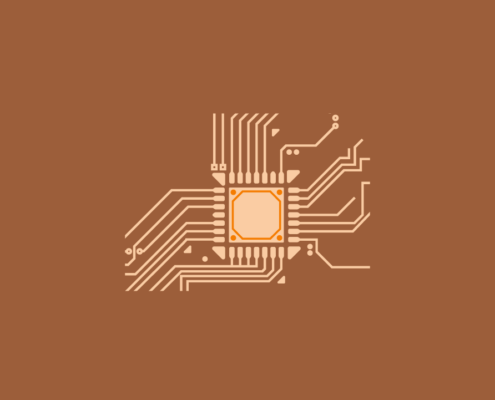 https://www.zybooks.com/wp-content/uploads/2005/08/Irwin_tile.png
721
1000
Ricky Porco
https://www.zybooks.com/wp-content/uploads/2020/02/zybooks-logo-wiley-1.svg
Ricky Porco2005-08-22 12:16:202024-12-06 17:15:12Basic Engineering Circuit Analysis (12e)
https://www.zybooks.com/wp-content/uploads/2005/08/Irwin_tile.png
721
1000
Ricky Porco
https://www.zybooks.com/wp-content/uploads/2020/02/zybooks-logo-wiley-1.svg
Ricky Porco2005-08-22 12:16:202024-12-06 17:15:12Basic Engineering Circuit Analysis (12e)
Circuits (Calculus)
Highly interactive introduction to circuits that contains numerous animations and interactive question sets. A complete textbook replacement proven to engage students.

Circuits (Algebra)
Highly interactive introduction to circuits that contains numerous animations and interactive question sets. A complete textbook replacement proven to engage students.

Material and Energy Balances
Exceptionally-interactive introduction to Material and Energy Balances containing over 100 animations and dozens of interactive question sets and over 600 auto-graded, randomly generated challenge questions. Also features an extensive appendix section with data tables.
 https://www.zybooks.com/wp-content/uploads/2005/06/Koretsky_Chem_Thermodynamics_tile.png
721
1001
Greg Monteforte
https://www.zybooks.com/wp-content/uploads/2020/02/zybooks-logo-wiley-1.svg
Greg Monteforte2005-06-01 11:23:522025-02-25 07:14:10Engineering and Chemical Thermodynamics
https://www.zybooks.com/wp-content/uploads/2005/06/Koretsky_Chem_Thermodynamics_tile.png
721
1001
Greg Monteforte
https://www.zybooks.com/wp-content/uploads/2020/02/zybooks-logo-wiley-1.svg
Greg Monteforte2005-06-01 11:23:522025-02-25 07:14:10Engineering and Chemical Thermodynamics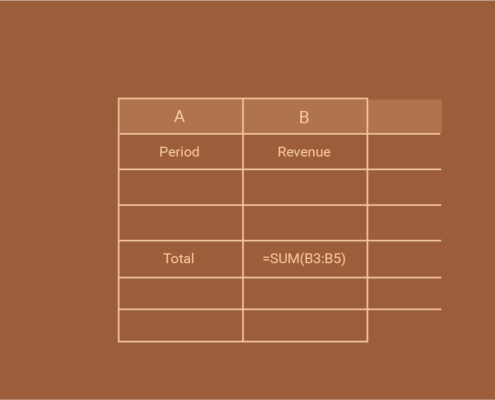
Spreadsheet Essentials
A breakthrough primer on using spreadsheets in any discipline. Contains more than 40 animations demonstrating simple to advanced functions and over 120 auto-graded questions provide students practice with spreadsheets.
 https://www.zybooks.com/wp-content/uploads/2005/05/Bridges_tile.png
721
1000
Patrick Thornham
https://www.zybooks.com/wp-content/uploads/2020/02/zybooks-logo-wiley-1.svg
Patrick Thornham2005-05-31 13:08:082024-12-04 09:38:45Design of Highway Bridges: An LRFD Approach (4e)
https://www.zybooks.com/wp-content/uploads/2005/05/Bridges_tile.png
721
1000
Patrick Thornham
https://www.zybooks.com/wp-content/uploads/2020/02/zybooks-logo-wiley-1.svg
Patrick Thornham2005-05-31 13:08:082024-12-04 09:38:45Design of Highway Bridges: An LRFD Approach (4e) https://www.zybooks.com/wp-content/uploads/2005/05/Critical-Systems_tile.png
721
1000
Patrick Thornham
https://www.zybooks.com/wp-content/uploads/2020/02/zybooks-logo-wiley-1.svg
Patrick Thornham2005-05-31 13:07:232024-12-03 20:21:07Critical Systems Thinking and the Management of Complexity
https://www.zybooks.com/wp-content/uploads/2005/05/Critical-Systems_tile.png
721
1000
Patrick Thornham
https://www.zybooks.com/wp-content/uploads/2020/02/zybooks-logo-wiley-1.svg
Patrick Thornham2005-05-31 13:07:232024-12-03 20:21:07Critical Systems Thinking and the Management of Complexity https://www.zybooks.com/wp-content/uploads/2005/05/Combustion_tile.png
721
1000
Patrick Thornham
https://www.zybooks.com/wp-content/uploads/2020/02/zybooks-logo-wiley-1.svg
Patrick Thornham2005-05-31 11:35:462024-12-03 20:02:29Internal Combustion Engines: Applied Thermosciences (4e)
https://www.zybooks.com/wp-content/uploads/2005/05/Combustion_tile.png
721
1000
Patrick Thornham
https://www.zybooks.com/wp-content/uploads/2020/02/zybooks-logo-wiley-1.svg
Patrick Thornham2005-05-31 11:35:462024-12-03 20:02:29Internal Combustion Engines: Applied Thermosciences (4e)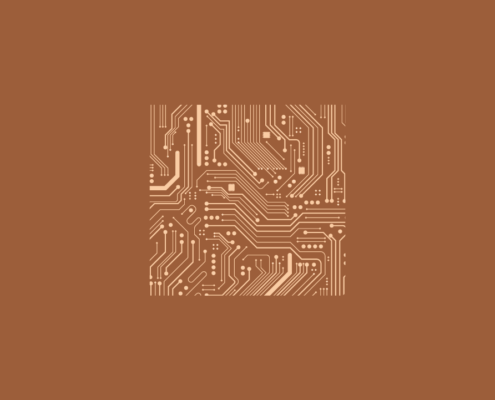 https://www.zybooks.com/wp-content/uploads/2005/05/Decision-Making_tile.png
721
1000
Patrick Thornham
https://www.zybooks.com/wp-content/uploads/2020/02/zybooks-logo-wiley-1.svg
Patrick Thornham2005-05-31 10:09:342024-12-03 19:47:56Decision Making in Systems Engineering and Management (3e)
https://www.zybooks.com/wp-content/uploads/2005/05/Decision-Making_tile.png
721
1000
Patrick Thornham
https://www.zybooks.com/wp-content/uploads/2020/02/zybooks-logo-wiley-1.svg
Patrick Thornham2005-05-31 10:09:342024-12-03 19:47:56Decision Making in Systems Engineering and Management (3e)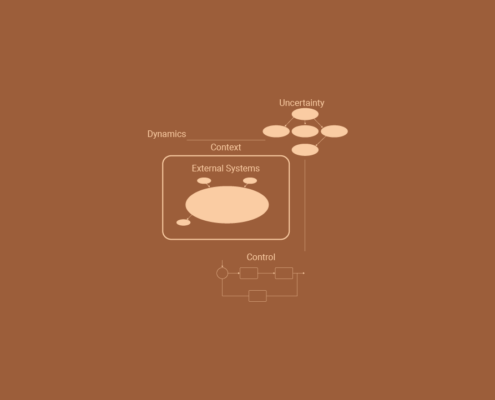 https://www.zybooks.com/wp-content/uploads/2005/05/Eng-Design_tile.png
721
1000
Patrick Thornham
https://www.zybooks.com/wp-content/uploads/2020/02/zybooks-logo-wiley-1.svg
Patrick Thornham2005-05-31 10:08:342024-12-03 20:06:49The Engineering Design of Systems: Models and Methods (3e)
https://www.zybooks.com/wp-content/uploads/2005/05/Eng-Design_tile.png
721
1000
Patrick Thornham
https://www.zybooks.com/wp-content/uploads/2020/02/zybooks-logo-wiley-1.svg
Patrick Thornham2005-05-31 10:08:342024-12-03 20:06:49The Engineering Design of Systems: Models and Methods (3e) https://www.zybooks.com/wp-content/uploads/2005/05/Aircraft-Propulsion_tile.png
721
1000
Patrick Thornham
https://www.zybooks.com/wp-content/uploads/2020/02/zybooks-logo-wiley-1.svg
Patrick Thornham2005-05-31 09:42:132024-12-03 19:55:33Aircraft Propulsion: Cleaner, Leaner, and Greener (3e)
https://www.zybooks.com/wp-content/uploads/2005/05/Aircraft-Propulsion_tile.png
721
1000
Patrick Thornham
https://www.zybooks.com/wp-content/uploads/2020/02/zybooks-logo-wiley-1.svg
Patrick Thornham2005-05-31 09:42:132024-12-03 19:55:33Aircraft Propulsion: Cleaner, Leaner, and Greener (3e) https://www.zybooks.com/wp-content/uploads/2005/05/Aircraft_tile.png
721
1000
Patrick Thornham
https://www.zybooks.com/wp-content/uploads/2020/02/zybooks-logo-wiley-1.svg
Patrick Thornham2005-05-31 09:38:252024-12-04 09:37:03Mechanics of Aircraft Structures (3e)
https://www.zybooks.com/wp-content/uploads/2005/05/Aircraft_tile.png
721
1000
Patrick Thornham
https://www.zybooks.com/wp-content/uploads/2020/02/zybooks-logo-wiley-1.svg
Patrick Thornham2005-05-31 09:38:252024-12-04 09:37:03Mechanics of Aircraft Structures (3e) https://www.zybooks.com/wp-content/uploads/2005/05/Practical-Reliability_tile.png
721
1000
Patrick Thornham
https://www.zybooks.com/wp-content/uploads/2020/02/zybooks-logo-wiley-1.svg
Patrick Thornham2005-05-31 08:34:082024-12-03 20:04:39Practical Reliability Engineering (5e)
https://www.zybooks.com/wp-content/uploads/2005/05/Practical-Reliability_tile.png
721
1000
Patrick Thornham
https://www.zybooks.com/wp-content/uploads/2020/02/zybooks-logo-wiley-1.svg
Patrick Thornham2005-05-31 08:34:082024-12-03 20:04:39Practical Reliability Engineering (5e) https://www.zybooks.com/wp-content/uploads/2005/05/Robotics_tile.png
721
1000
Patrick Thornham
https://www.zybooks.com/wp-content/uploads/2020/02/zybooks-logo-wiley-1.svg
Patrick Thornham2005-05-31 06:59:112024-12-04 09:40:35Introduction to Robotics: Analysis, Control, Applications (3e)
https://www.zybooks.com/wp-content/uploads/2005/05/Robotics_tile.png
721
1000
Patrick Thornham
https://www.zybooks.com/wp-content/uploads/2020/02/zybooks-logo-wiley-1.svg
Patrick Thornham2005-05-31 06:59:112024-12-04 09:40:35Introduction to Robotics: Analysis, Control, Applications (3e)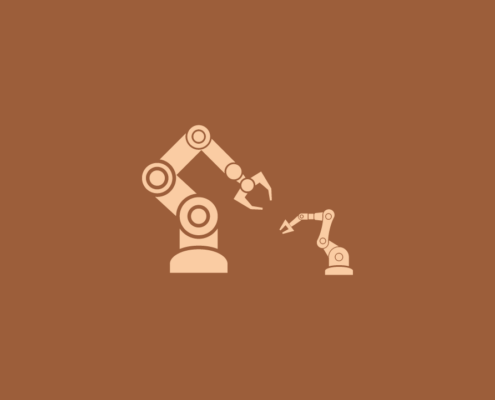 https://www.zybooks.com/wp-content/uploads/2005/05/Robot-Modeling_tile.png
721
1000
Patrick Thornham
https://www.zybooks.com/wp-content/uploads/2020/02/zybooks-logo-wiley-1.svg
Patrick Thornham2005-05-31 06:39:312024-12-03 19:47:32Robot Modeling and Control (2e)
https://www.zybooks.com/wp-content/uploads/2005/05/Robot-Modeling_tile.png
721
1000
Patrick Thornham
https://www.zybooks.com/wp-content/uploads/2020/02/zybooks-logo-wiley-1.svg
Patrick Thornham2005-05-31 06:39:312024-12-03 19:47:32Robot Modeling and Control (2e) https://www.zybooks.com/wp-content/uploads/2005/05/Eng-Management_tile.png
721
1000
Patrick Thornham
https://www.zybooks.com/wp-content/uploads/2020/02/zybooks-logo-wiley-1.svg
Patrick Thornham2005-05-02 10:09:232024-12-04 09:34:07System Engineering Management (5e)
https://www.zybooks.com/wp-content/uploads/2005/05/Eng-Management_tile.png
721
1000
Patrick Thornham
https://www.zybooks.com/wp-content/uploads/2020/02/zybooks-logo-wiley-1.svg
Patrick Thornham2005-05-02 10:09:232024-12-04 09:34:07System Engineering Management (5e)